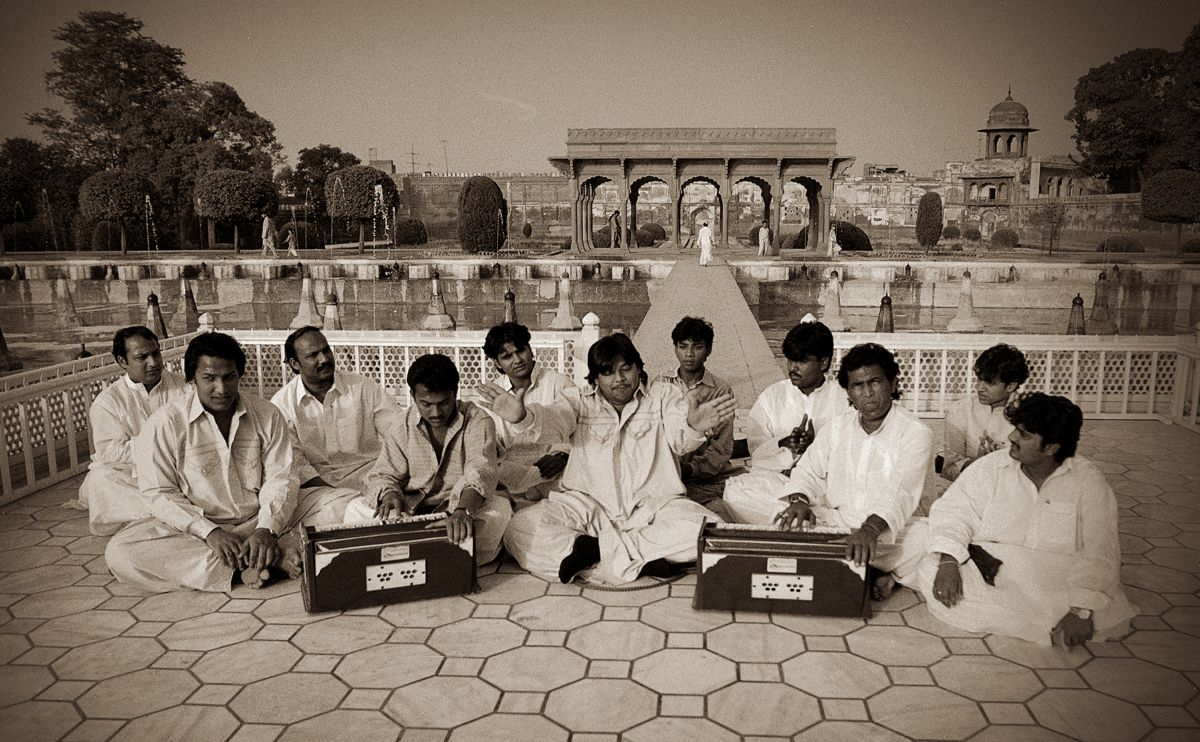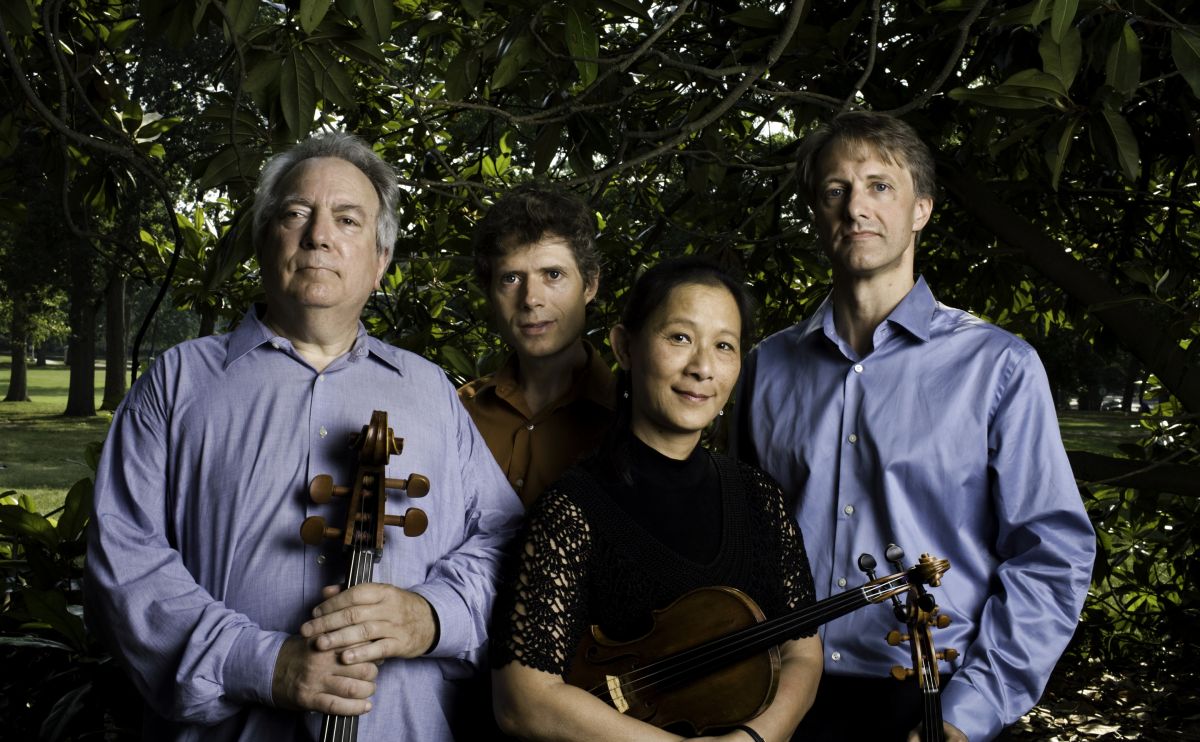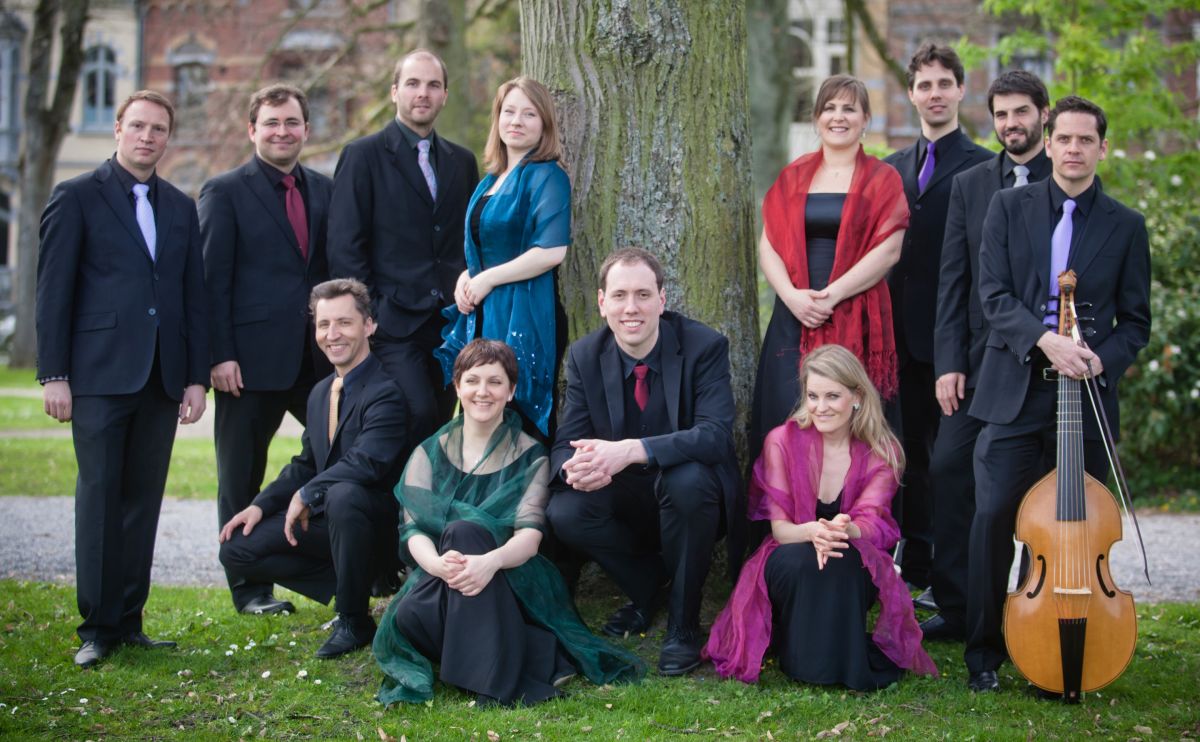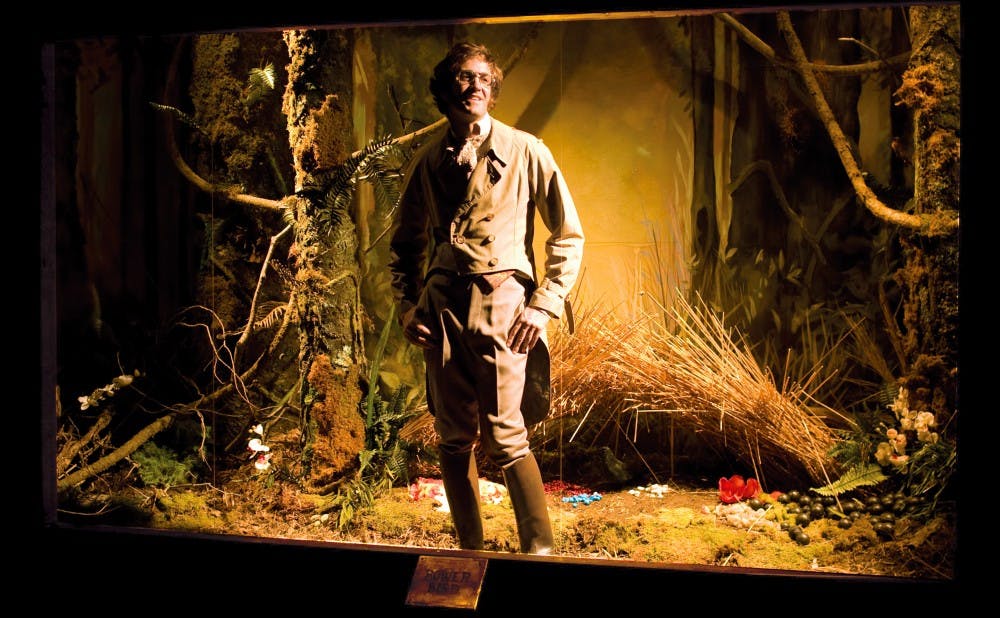Austin-based theater troupe Rude Mechanicals (Rude Mechs) makes its debut in Durham with “Now Now Oh Now,” an interactive performance that delves into questions of beauty, evolution, choice and chance. It is a show filled with surprises and puzzles for those who attend. Embodying Rude Mechs’ desire to create a tangible, active and personal experience for audience members, the show is performed for an intimate audience of 30 people; attendees are encouraged to wear comfortable shoes while leaving large accessories at home. The show is dynamic and evolving, thus providing a slightly different experience for everyone who attends and participates in it. The theater collective—whose name derives from the manual laborers-turned-amateur actors in Shakespeare’s “A Midsummer Night’s Dream”—has seen significant evolution and development in the focus of “Now Now Oh Now” since its beginnings in 2010. Focused primarily on the interplay between our evolutionary nature and the drives of competition and random events in the shaping of our lives and the world around us, “Now Now Oh Now” has been described as a “delightful way to have your mind blown” (Austin Chronicle).
Rude Mechs’ “Now Now Oh Now” will be performed at Sheafer Theater Wednesday, Sept. 24th through Saturday, Sept. 27th.

The legacy of qawwali, a musical genre devoted to extolling the virtues of love and worship of God, is carried through the hypnotic, undulating voices of qawwali singers today. Qawwali, a form of Sufi devotional music, has a history that stretches back for over 700 years. While its roots can be traced back to 8th century Persia (present-day Iran and Afghanistan), it has relatively recently gained mainstream popularity, first receiving international recognition through the work of late singer Nusrat Fateh Ali Khan (who was considered to be one of the greatest voices ever recorded, and who could perform at high intensity for several hours) in the 1980s. His nephews, Rizwan and Muazzam, carry this qawwali superstar’s legacy and the legacy of qawwali to audiences worldwide today. Accompanying Rizwan and Muazzam, the lead singers of Rizwan-Muazzam Qawwali, are five secondary singers who offer their talents in vigorous hand claps, choral responses and harmonium and tabla instrumentals. Performing in traditional qawwali style, they sit on the ground rather than on seats, believing that this brings them closer to God.
Rizwan-Muazzam Qawwali will perform on Oct. 9 at Reynolds Theater.
yMusic and Sam Green: “The Measure of All Things”

Accompanied by dynamic music from yMusic—a New York City based sextet acting in the gap between the pop and classical music worlds—Academy Award-nominated filmmaker Sam Green’s film/music project “The Measure of All Things” reflects on questions of fate, time and the human experience. The film, which premiered at this year’s Sundance Film Festival, is loosely inspired by "The Guinness Book of World Records." Whether it be the tallest man in the world, at 7 feet 9 inches, or the man most frequently struck by lightning, having survived seven lightning strikes, the film is a threading together of portraits of various record-holding people, places and things. "The Measure of All Things" will be screened with in-person narration by Green himself, complemented by live music from yMusic.
The screening of “The Measure of All Things” will occur on Saturday, Nov. 15 in Reynolds Theater.

Following their first concert, which they shared with pianist Awadagin Pratt, the Ciompi Quartet features the Amernet String Quartet in their second concert. Formed in 1991 by students at the Julliard School, the Amernet has since quickly risen to international attention, having been praised by The New York Times for their intelligent and “immensely satisfying” playing. The concert begins with Mozart’s homage to Bach, Adagio and Fugue in C Minor, K. 546, and continues with Tchaikovsky’s String Quartet No. 1 in D Major, of which the melancholic second movement, the Andante Cantabile, allegedly caused Leo Tolstoy to burst into tears. The concert will also be the premiere performance of a new octet for strings by Carl Schimmel, a 2008 Duke Ph.D. graduate, and will conclude with the performance of Octet for Strings, Op. 11, by the Russian composer Dmitri Shostakovich.
The concert will be Saturday, Nov. 1 at Baldwin Auditorium.

The winners of Gramophone Recording of the Year in 2012, the Belgian vocal ensemble Vox Luminis has quickly gained a reputation in the world of choral music. Specializing in the performance of 16th to 18th century vocal music, the group has placed special emphasis on renaissance and baroque repertoire. Their recently released CD created a stir among choral music aficionados with its interpretation of Heinrich Schütz’s Musicalische Exequien. This recording has received numerous awards, including the International Classical Music Award and the Baroque Vocal Gramophone Award. In this program, they sing Heinrich Schütz’s requiem, followed by an extensive suite of works by J.S. Bach and his extended family. Producing a sound that is “warm and resonant—they sing this 300-year-old music with the freshness and ardor of true believers,” according to The Independent.
Vox Luminis will perform on Thursday, Oct. 30, at the Duke Chapel.
Get The Chronicle straight to your inbox
Signup for our weekly newsletter. Cancel at any time.

